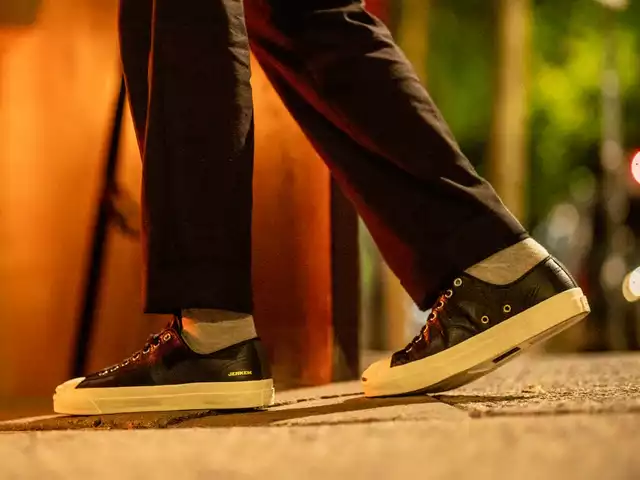On Thursday, October 22, 2025, Mohammed Umar Khan, a 15‑year‑old pupil, was sentenced to life imprisonment with a minimum term of 16 years for the murder of his classmate Harvey Willgoose at All Saints Catholic High School in Sheffield, South Yorkshire. The sentencing took place at Sheffield Crown Court before Mrs Justice Ellenbogen, who lifted an anonymity order so the public could know who was responsible. The case has sparked fresh debate about knife crime in UK schools and the adequacy of safety measures meant to protect students.
Background to the tragedy
In February 2025, during a typical lunch break, the atmosphere at All Saints Catholic High School was no different from any other weekday – students swapping sandwiches, chatting about exams, and heading toward the courtyard. That routine was shattered when Khan, who had concealed a 13‑centimetre hunting knife in his backpack, approached Harvey. CCTV footage reviewed at trial shows Khan pushing Harvey, identified by a blue dot on the screen, before delivering two stab wounds to the chest.
Harvey, a 15‑year‑old who was described by teachers as quiet and well‑behaved, collapsed on the schoolyard and was pronounced dead at the scene. Head Teacher Mr. Sha Pender tried to comfort the grieving student, holding his shoulder and escorting him to the office while waiting for police.
The courtroom and sentencing
During the hearing, Khan pleaded guilty, admitting he brought the knife for "protection" but acknowledging he intended to use it as a weapon. Mrs Justice Ellenbogen was clear: "You accept you took the knife into school and intended to have it to use as a weapon, albeit you said for protection. You then used that knife for Harvey's murder." The judge explained that lifting the anonymity order was justified by the public interest, noting the rarity of a teenager being sentenced to life for a school‑based killing.
The life sentence comes with a 16‑year tariff, meaning Khan must serve at least that long in a young offenders' institution before any parole consideration, and will remain on a life licence for the rest of his life.
Reactions from family and community
Harvey's mother, speaking to Sky News at 18:03 UK time on the day of sentencing, said both her son and his killer had "been let down" – a brief but powerful indictment of the systems that failed to protect her child. She did not name specific agencies, leaving the blame open to schools, police, and youth services.
Students and staff at All Saints Catholic High School described a "deep sense of shock" and "collective grief" in the weeks after the attack. The school, which serves around 1,200 pupils and operates under the Sheffield Catholic Education Service, has since introduced additional security measures, including metal detectors at main entrances.
Knife crime in UK schools – a broader crisis
The incident adds a grim chapter to the growing record of knife‑related violence in British schools. According to the Office for National Statistics, knife attacks on pupils rose by 27 % between 2022 and 2024, with the majority involving weapons under 15 cm – a size that can be easily concealed.
Legal experts, such as criminal law professor Dr. Emily Watson of the University of Leeds, warn that the current approach – treating teen offenders as adults in serious cases – may not address the root causes, like gang influence and socioeconomic deprivation.
The Crown Prosecution Service for South Yorkshire (CPS South Yorkshire) has stated that it will continue to pursue the toughest penalties for weapon‑related offenses, but also emphasises the need for early‑intervention programmes.
What lies ahead for the victim's family and the school
Harvey's family faces a long road of healing. Beyond the immediate grief, they will have to navigate the legal and bureaucratic maze that comes with a life‑sentence case – parole hearings, victim‑impact statements, and potential appeals.
For All Saints Catholic High School, the challenge is two‑fold: honour Harvey's memory while restoring confidence among parents and students. The school has pledged to work closely with South Yorkshire Police and local youth services to develop a comprehensive anti‑knife strategy, including mentorship programmes and increased pastoral support.
Nationally, policymakers are expected to revisit the contentious "Knife Crime Prevention Orders" introduced in 2023, assessing whether tougher sentencing truly deters juvenile violence or merely contributes to a cycle of incarceration.
Key facts
- Defendant: Mohammed Umar Khan, 15 years old at the time of the offence.
- Victim: Harvey Willgoose, 15 years old.
- Location: All Saints Catholic High School, Darnall, Sheffield.
- Weapon: 13 cm hunting knife.
- Sentence: Life imprisonment with a minimum of 16 years.
Frequently Asked Questions
How does this case affect other students in Sheffield?
The murder has heightened anxiety among pupils and parents, prompting schools across the city to review security protocols, increase staff training, and introduce more robust anti‑knife education programmes.
What legal options remain for the victim's family?
Harvey’s mother can submit a victim‑impact statement for future parole hearings, request restitution, and request updates from the prison service regarding Khan’s behaviour while incarcerated.
Why was the anonymity order lifted?
Judge Ellenbogen argued that public interest outweighed the usual protection for juvenile defendants, especially given the gravity of the crime and the community’s need to understand what happened.
What steps are being taken to curb knife crime in UK schools?
The government is funding new safe‑space hubs, expanding outreach from youth charities, and reviewing the effectiveness of the 2023 Knife Crime Prevention Orders, which impose restrictions on known offenders.
When can Khan be considered for parole?
After serving the 16‑year minimum, Khan will appear before a parole board, which will assess his behaviour, rehabilitation progress, and any risk he may pose before deciding on release.











